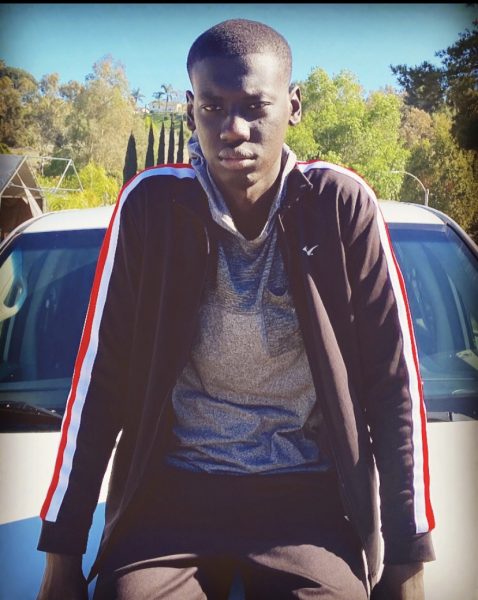Mesa College’s Black Studies program and cultural geography course collaborated to present a presentation on Black farmers. Black Farmers: Past to Present gave students a deeper understanding of how systemic racism has and continues to negatively impact Black farmers.
The signing of the Emancipation Proclamation By President Abraham Lincoln in 1863 and the passage of the 13th Amendment in 1865 was a massive step in the right direction for Black Americans. The slaves were freed, but the aftermath proved to be drastically different than what many envisioned. Nothing about the lives of Black Americans was “free.” There was still discrimination and prejudice that was interwoven into the American government and its laws.
The Civil Rights movement was intended to positively change the trajectory of Black lives in America, and it did. From 1954 to 1968, Black Americans and their allies fought a nonviolent campaign, discrimination, segregation, and to gain equal rights under the law. Thus the Civil Rights Act of 1964 was born. It banned all discrimination based on race, including in schools, businesses, and public accommodations. But as it is wont to do, history continues to repeat itself. While discrimination based on race was made illegal, it never actually stopped — as in the time of Reconstruction, the reforms didn’t go far enough. One group of Black Americans that were greatly affected by this discrimination was Black farmers.
In 1865, Black Farmers weren’t included in federal farm programs in the United States. In 1920 nearly a million Black farmers were excluded from the census. By 1965, these farmers were still struggling to own land or receive government assistance. They had no representation on county agricultural committees and were refused loans that their white counterparts were receiving with ease. Even though discrimination based on race was banned in 2001, Black farmers still needed to sue the government due to the violation of their civil rights.
In one of the largest civil rights victories since the 1960s two class action lawsuits, Pigford v. Glickman and Brewington v. Glickman, were filed on behalf of Black farmers. There were two class action lawsuits, the two alleging that it had racially discriminated against African-American farmers in its allocation of farm loans and assistance from 1981 to 1996.
West Africans planted yams, okra, and beans. These are the types of food that Africans produced. At that time, life for most of the four million freed slaves was desperate as they moved away from the South and their former plantations with no clear idea of where to go and often with no food.
Sherman issued Field Order No. 15 in January 1865, calling for the redistribution of confiscated Southern land to freedmen in forty-acre plots. The order was rescinded later that same year, and much of the land was returned to the original white owners.
Today, black farmers call the U.S. Department of Agriculture (USDA)“the last plantation.” In 1982, the Civil Rights Commission concluded that decades of racial bias by the USDA threatened to choke off the few remaining black farmers in America. As recently as 1997, an internal audit conducted by the USDA concluded that in the southeastern United States, loan applications by black farmers took three times longer to be processed than loan requests from white farmers. It found that blacks in need of financial support met “bias, hostility, greed, ruthlessness, and indifference.”
In 2001, Black farmers had to sue, in order to get their civil rights protected in agriculture. It has given so much to society. But it has its own pros and cons that we can’t overlook. Furthermore, the government is doing every bit to help in the growth and development of agriculture. Still it needs to do something for the negative impacts of agriculture.


